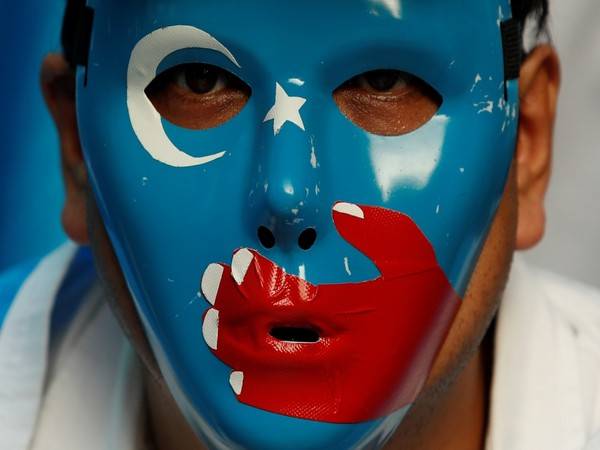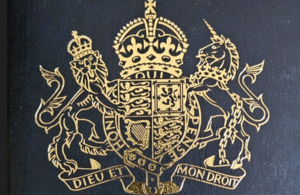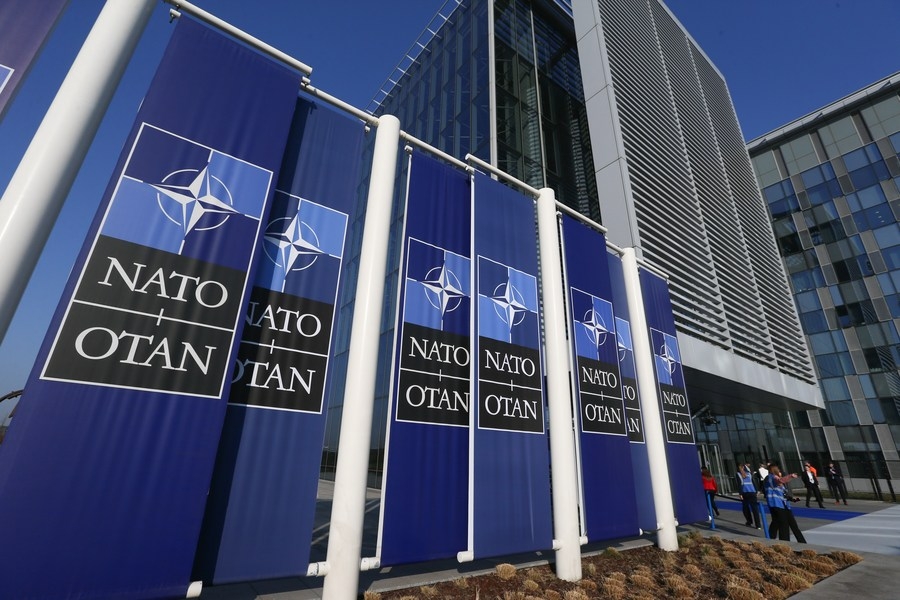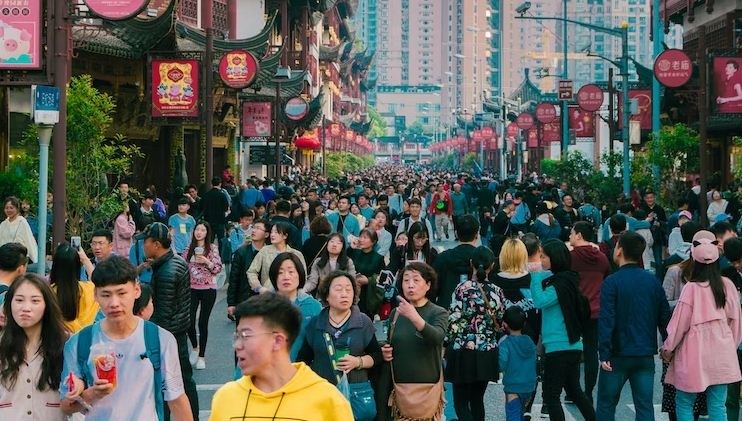UK’s Manley urged China to lift “restrictions on civil society and independent media,” while also calling for an immediate halt to forced repatriations and the cessation of targeting human rights defenders…reports Asian Lite News
The United Kingdom on Tuesday severly criticised China for the persecution, arbitrary detention of Uyghurs and Tibetans and asked Beijing to “guarantee an impartial judiciary” and implement measures to allow genuine freedom of religion without fear of surveillance and torture.
Simon Manley, the UK’s Permanent Representative to the United Nations, has delivered a set of four strong recommendations to China targeting various aspects of human rights violations, urging China to address key concerns.
Manley called to “cease the persecution, arbitrary detention of Uyghurs and Tibetans.”
He also urged China to “allow genuine freedom of religion or belief and cultural expression, without fear of surveillance, torture, forced labour or sexual violence and implement OHCHR recommendations on Xinjiang.”
The UK strongly called for the repeal of China’s national security law in Hong Kong, aligning with UN suggestions. Manley specifically called for the cessation of prosecutions, including that of media tycoon Jimmy Lai.
“Repeal the law on safeguarding national security in Hong Kong as recommended by the UN and cease prosecutions including of Jimmy Lai,” he said, giving recommendations to China.
The UK representative also called for a “guarantee of an impartial judiciary,” demanding an end to “harassment of lawyers, the use of the death penalty, and residential surveillance in designated locations.”
UK’s Manley urged China to lift “restrictions on civil society and independent media,” while also calling for an immediate halt to forced repatriations and the cessation of targeting human rights defenders.
“Cease the restrictions of civil society and independent media and forced repatriations and stop targetting human rights defenders,” he also said.

A recent report from the Committee to Protect Journalists (CPJ) has shed light on a troubling pattern in China, where nearly half of the journalists imprisoned in 2023 were identified as Uyghurs.
As many as 44 journalists are in jail and about half of them are Uyghurs. This shows Beijing’s poor press freedom record and its human rights abuses against the majority-Muslim ethnic group, report added.
The data, offering a global overview of journalists incarcerated for their work as of December 1, paints a concerning picture of press freedom in China, especially concerning its treatment of the majority-Muslim ethnic group.
Notably, China’s human rights record is facing international scrutiny during the fourth Universal Periodic Review (UPR) Working Group session of the United Nations Human Rights Council, taking place from January 22 to February 2.
The Universal Periodic Review (UPR) is a peer-review process under the auspices of the UN Human Rights Council, where UN Member States assess each other’s human rights records, their fulfilment of human rights obligations and commitments, and provide recommendations to the State under review.
This is China’s fourth appearance before this mechanism. The last one was in November 2018. At the time, countries called out the existence of mass detention camps for Uyghurs a few months after they were revealed by a UN committee.
During China’s 3rd UPR in November 2018, China received 346 recommendations from 150 countries, and accepted 284 of them, with many questionably noted as ‘accepted and already implemented.’
Despite a seemingly high acceptance rate, China broadly rejected recommendations on the rights of Uyghurs and Tibetans, cooperation with the UN and unrestricted UN access to all regions of the country, enforced disappearances and arbitrary detention, the death penalty and the ratification of international treaties.
Since 2018, mounting human rights abuses have been largely documented by a range of UN human rights bodies.
In the absence of a UN Human Rights Council debate on the human rights situation in China, the UPR is a rare moment of global scrutiny of the country’s human rights crisis. (ANI)
ALSO READ-UK Takes Stand Against China’s Treatment of Uyghurs, Tibetans














